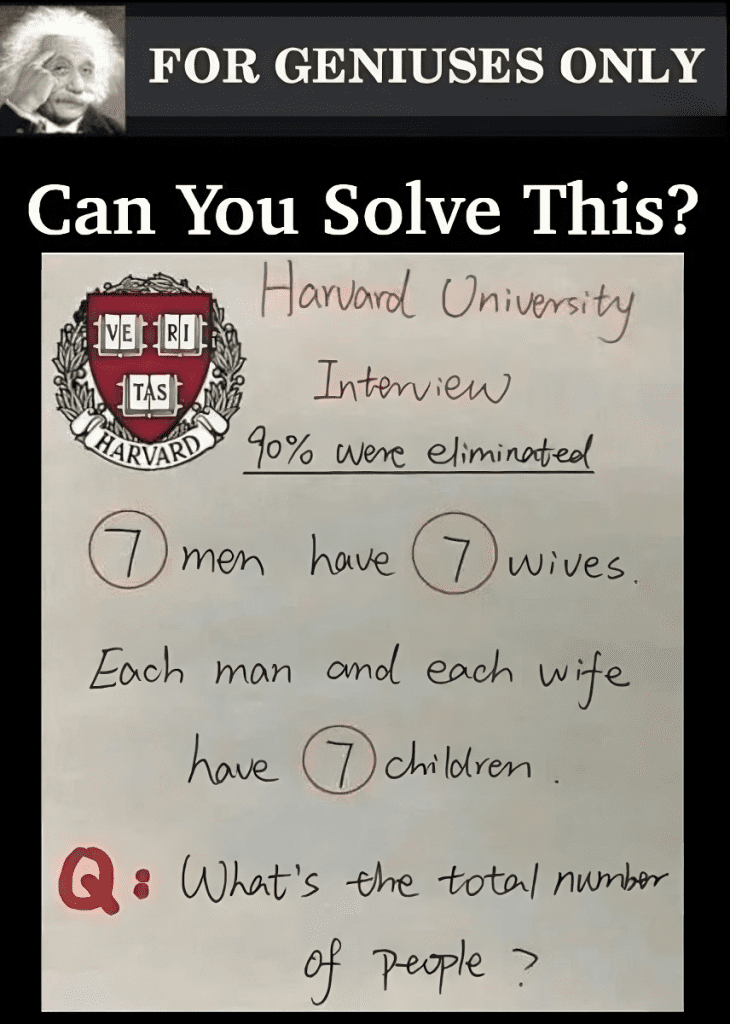Riddles are more than just brain teasers – they offer a host of cognitive and emotional benefits that make them a valuable mental exercise. By encouraging problem-solving skills, boosting memory, and promoting lateral thinking, riddles can have a profound impact on our overall cognitive development.
On the cognitive side, solving riddles requires us to approach problems from new and innovative angles. This lateral thinking process enhances problem-solving abilities and logical reasoning. Riddles also challenge our memory, as successfully solving them often depends on making connections and recalling relevant information. Additionally, the intense focus and concentration needed to crack a perplexing riddle can improve overall mental acuity.
But the benefits of riddles extend beyond just intellectual stimulation. Emotionally, the sense of accomplishment that comes from solving a riddle can increase confidence and self-esteem. The process of working through a challenging puzzle also teaches patience and perseverance, helping to reduce stress. And on a more fundamental level, riddles simply provide an entertaining and engaging way to keep the mind active and engaged. Read the riddle below:

In short, the cognitive and emotional upsides of riddles make them a uniquely valuable activity. Whether you’re looking to boost your problem-solving prowess or simply seeking a fun mental exercise, incorporating riddles into your routine can yield surprisingly powerful benefits.
Check the solution below:
To solve this problem, let’s break it down step by step.
There are 7 men.
Each of the 7 men has 7 wives.
First, let’s calculate the total number of wives:
7 men ×7 wives / man =49 wives
Now, each man and each wife has 7 children.
Let’s calculate the total number of children each man has (since he has 7 wives, each having 7 children):
7 wives×7 children/wife=49 children per man
Since there are 7 men, the total number of children is:
7 men×49 children/man=343 children
Finally, let’s add up all the people:
7 men
49 wives
343 children
So, the total number of people is:
7+49+343=399
Thus, the total number of people is 399. Do you have another solution? Please leave your comments?